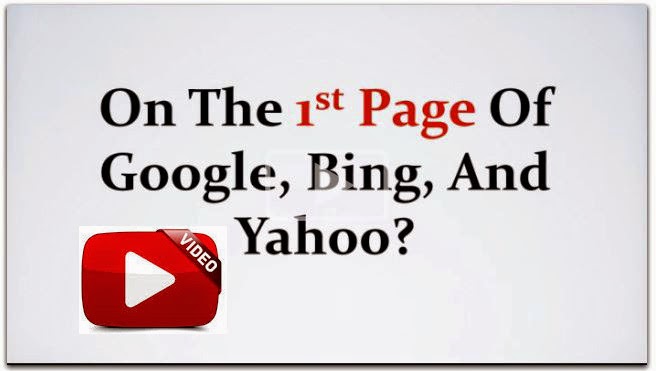 Are you a small business owner who runs an online business? If you are, are you currently satisfied with your business’s profits? Even if you are happy with the money that you are currently making, you may be looking to make even more. If you are, you may want to examine the marketing tactics that you are using, if you are even marketing your business at all.
Are you a small business owner who runs an online business? If you are, are you currently satisfied with your business’s profits? Even if you are happy with the money that you are currently making, you may be looking to make even more. If you are, you may want to examine the marketing tactics that you are using, if you are even marketing your business at all.One of the many ways that you can go about marketing your business online is by using online message boards, which are also commonly referred to as online forums. Online message boards or online forums are communities where internet users are able to come together and discuss activities or interests they may share.
There are many online message boards or forums that allow participating members to have what is referred to as a signature. A signature is a block of print that always appears at the end of a member’s posts. It is not uncommon for an online message board moderator to allow signatures to include business links, like a link to your online store or online website. With using online message boards or forums, the more you post the more exposure your online store gets.
Another way that you can market your small online business is by joining a pay per click advertising program, like Google Adwords. What is nice about pay per click advertising programs is that, just as the name sounds, you only have to pay when one of your advertisements gets clicked on.

This type of advertising arrangement may be able to save you a considerable about of money, when compared to paying a flat rate fee for an advertisement that may never even be seen, let alone clicked on. Also, by doing business with a well-known pay per click advertising program, like Google Adwords, you are less likely to experience problems associated with malicious clicks, as the programs tend to be carefully monitored, to ensure that you don’ t end up wasting money on the marketing for your small business.
In addition to paying for advertising, you may also be able to get free advertising by doing what is known as a link exchange. A link exchange is when one website owner, like you, agrees to display the online website link or banner for another website owner, free of charge, as long as they do the same for you. If you are looking for free or low-cost ways to market your small online business, a link exchange may be the perfect option for you. The only thing that you want to make sure you do is not exchange links with your competition. You want to try and make sure that all links can be connected or related to each other, in one way or another, but you don’t want to end up generating income for your competition.
 When it comes to running a small online business, standard internet searches may also pay a large role in the traffic that you and your website receives. That is why it is important that your website, whether it is used to sell products or services, is optimized for the search engines. This process is commonly referred to as search engine optimization. When it comes to search engine optimization, content is important. Your website needs to be filled with content that the search engines will pick up, as well as content that your visitors can read. If you need assistance with this, you may want to think about hiring the services of a SEO specialist or a professional content writer.
When it comes to running a small online business, standard internet searches may also pay a large role in the traffic that you and your website receives. That is why it is important that your website, whether it is used to sell products or services, is optimized for the search engines. This process is commonly referred to as search engine optimization. When it comes to search engine optimization, content is important. Your website needs to be filled with content that the search engines will pick up, as well as content that your visitors can read. If you need assistance with this, you may want to think about hiring the services of a SEO specialist or a professional content writer.The above mentioned marketing approaches are just a few of the many that you may want to use to help increase your small online business’s profits. For the best chance of success, you are advised to implement more than just one of the above mentioned approaches.
















